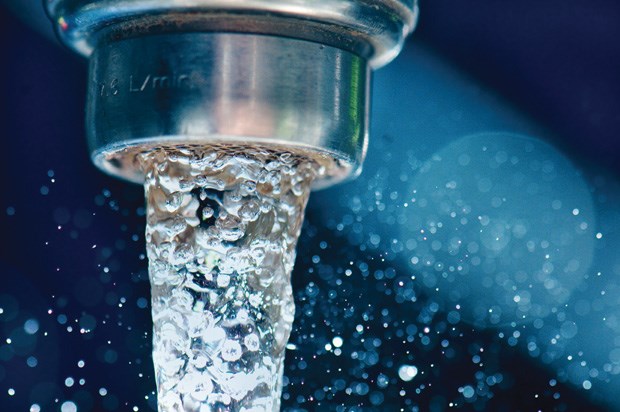Richmond residents will see little noticeable difference in their net utility rates for 2016.
“Overall, the rate increases are fairly modest, and in many cases efficiencies have helped reduce or hold the line on costs. And yet we’ve still been able to make some major service improvements,” said City of Richmond spokesperson Ted Townsend.
For instance, a single-family home on a water metre will see just a $5.55 increase on its $1,114 annual bill. Townhouse residents will save $10.
The utility bill pays for services such as sewers, water delivery, garbage collection, recycling, and drainage and dyke maintenance.
2016 will mark the first year residents can choose to save a few bucks by reducing their garbage production.
The city will soon be asking residents of single-family homes, townhouses and secondary suites what size of city-sanctioned garbage can they want delivered to their residence.
The standard size (single-family homes) is 240-litres, however to save $12.50 annually residents can choose a 120-litre bin. Going smaller, to 80-litres, saves $23. On the flip side, a 360-litre bin comes with a $90 surcharge.
Garbage collection rates are roughly 15 per cent cheaper for townhouses.
“This provides an incentive for people to reduce their waste stream through recycling,” noted Townsend.
Once the new, green cans are delivered, the city will transition to bi-weekly garbage collection (savings are offset by organic waste collection).
The new bi-weekly collection system, with a startup cost of $2.6 million, was given the green light by Richmond City Council in May.
Most of the startup costs will account for the new garbage cans, similar to the green carts used for organics.
For 2016, the city has applied an overall tab of an additional $1 million in order to fund necessary sewer repairs and upgrades whilst maintaining the rates at essentially the status quo.
Townsend said there had been a funding gap in that area.
In 2016 close to half of the 4,766 single-family homes paying a flat water rate will transition to water meters.
The city will collect utility bills from 2,772 new residences, bringing the total to 74,537 dwellings. Meanwhile, commercial units only increased by 100.



